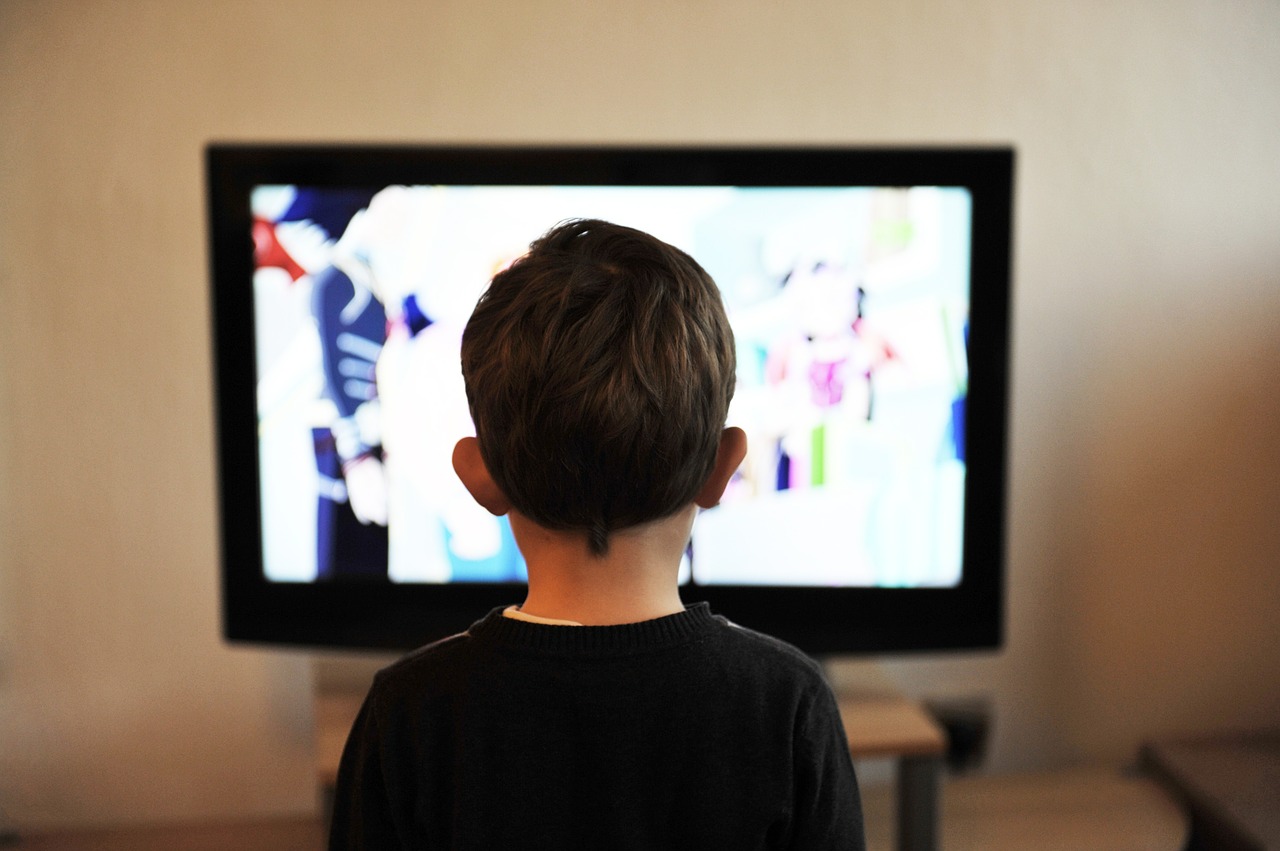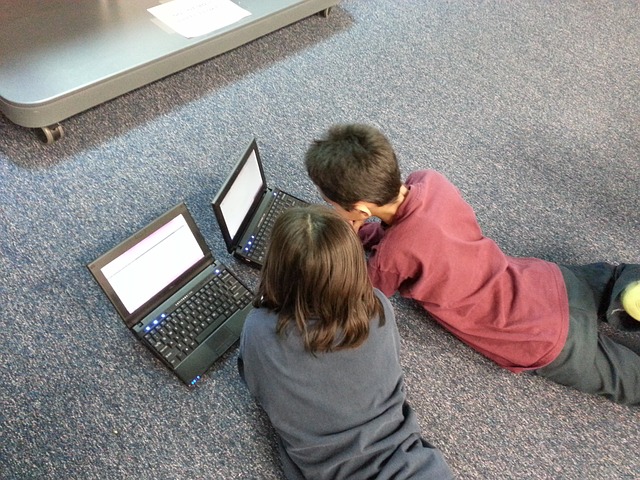Once upon a time, children and bicycles went hand in hand. These days it’s technology that’s in their hands — iPods, iPhones and other smartphones, tablets and gaming consoles.
Children’s interest in this technology is undeniable. In response to this, parents try to encourage children to watch educational videos online and schools often attempt to harness apps for learning.
But how is all this technology affecting your family and children?
 Whether children use electronic devices for games or learning, this technology has the potential to impact the physical and mental health of your child. In addition, the changes that children undergo from overuse of these gadgets can spill over into family life.
Whether children use electronic devices for games or learning, this technology has the potential to impact the physical and mental health of your child. In addition, the changes that children undergo from overuse of these gadgets can spill over into family life.
I spoke recently with Lisa Strohman, JD, Ph.D., a licensed clinical psychologist and founder and director of the Technology Wellness Center for a Healthline story on how technology is affecting the health of millennials. As part of that interview, she also offered insight on how smartphones, computers and other electronic devices can affect the health of children of all ages.
Back and Spine Issues
No matter how often parents tell their children to sit up straight, game consoles and cell phones seem to force children into painfully awkward positions. Over long periods, this kind of slouching or tilting of the head downward can lead to back and spine issues, as well as “text neck.”
Vision Problems
With electronic devices at the ready, children spend much of their day looking at close-up screens. This can put them at risk of nearsightedness or other vision problems. “That [eye] muscle is actually getting weak because they’re not exercising it the way we used to when we were offline,” said Strohman. “Everything is eighteen inches away from their face.”
Weight Gain
According to the American Heart Association, more than one third of children and adolescents were overweight or obese in 2012. The Wii aside, much technology discourages children from being physically active, which — along with poor diet — can contribute to weight gain.
Emotional Regulation Changes
Children who spend too much time using technology may react to triggers or events in their life more often or with greater intensity. This can include bursts of anger, especially when parents take away a child’s electronic device. When this kind of emotional overreactivity happens at home, it can also affect the family.
Loss of Interest in Offline Life
Apps, computer games, and much of the Internet is designed to stimulate the pleasure centers of our brains. But children who are connected too often during the day may start to lose interest in their offline activities, like school, friends, and sports. Suddenly family game night is abandoned for chatting online with friends.
Difficulty Communicating in Person
Children may withdraw from real-life relationships, including the family. Instead, they opt to spend more time in the digital world. This doesn’t mean that they stop communicating. But they may have trouble with — or avoid — face-to-face interactions. “With younger kids, they don’t even have the ability to maintain a conversation and look you in the eye,” said Strohman. “They’re just not used to it.”
If you are concerned about how your child’s use of technology is affecting your family and child, the Technology Wellness Center offers a quick online survey to help parents identify potential risks for technology overuse, such as physical, behavioral, emotional, and interpersonal areas.



